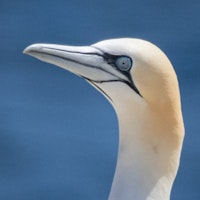
Gannets
Gannet
The Northern Gannet is a large, white seabird that can be found in Ireland's coastal regions, particularly in Cliffs of Moher in County Clare. They have a distinctive long bill, pointed tail, and wingspan of up to 6 feet.

Description:
The Gannet is a stunning seabird belonging to the Sulidae family that is commonly found in the coastal regions of Ireland. The bird is a beautiful, large and white seabird with black feathered wings. It has a long and sharp beak which is used for catching fish, its primary source of food.
What they eat:
The Gannet is a skilled fisherman, and it feeds mainly on fish species like herring and mackerel. It feeds by plunge-diving from the air and plunges deep into the sea in pursuit of its prey.
Habitat:
They nest on coastal cliffs, islands, and offshore rocks. They prefer to breed in colonies where they can be found in numbers.
Size and wingspan:
The Gannet is a large bird, ranging from 87 to 100 cm in length, with an average wingspan of around 170 to 180 cm. They have a distinct streamlined body shape that helps them soar through the air with minimal effort.
Male female difference:
The sex of Gannets can be determined by analyzing the size and shape of their heads. Males have larger head structures and beaks compared to females.
Where to find:
The Gannet is mostly found along the east and south coasts of Ireland. There are major colonies of Gannets nesting in Skellig Michael in Kerry, Little Skellig and the Saltee Islands in Wexford.
What months can be found in Ireland:
Gannets can be found in Ireland throughout the year. However, the breeding season starts in May and lasts until September. During the breeding season, you can spot large colonies of these beautiful birds nesting in specific locations.
Interesting note:
The Gannet is a symbol of loyalty and devotion, and they mate for life. Once they pair up, they will remain together for the rest of their lives. The Gannet is also known for its incredible diving ability. They have been known to dive up to depths of 20 meters to catch fish. It is a beautiful sight to see a Gannet plunge into the water surface with grace and precision to catch fish.
Other Birds of Ireland...
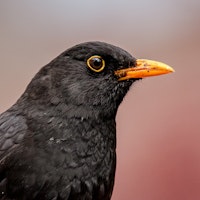
Blackbird
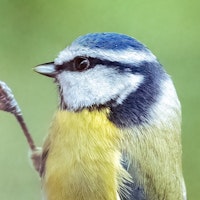
Blue Tit
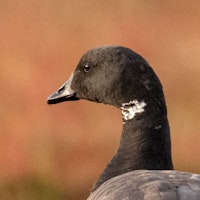
Brent Goose
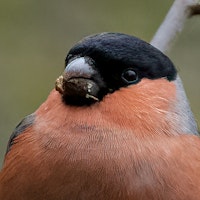
Bullfinch
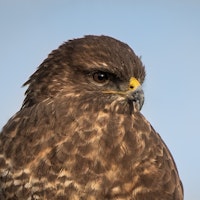
Buzzard

Chaffinch
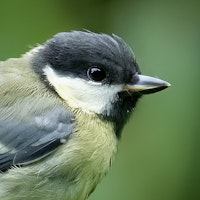
Coal Tit
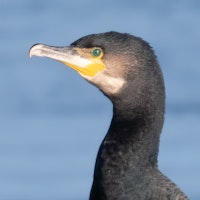
Cormorant
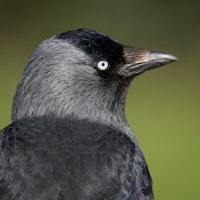
Crow
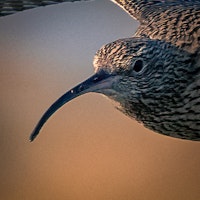
Curlew
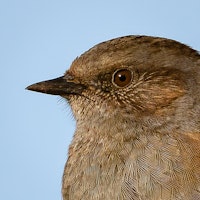
Dunnock
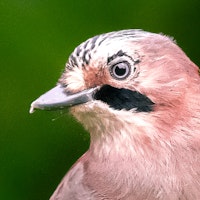
Eurasian Jay

Gannet
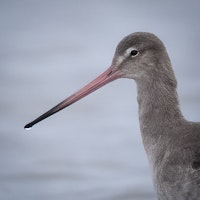
Godwit
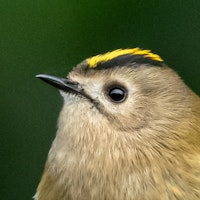
Goldcrest
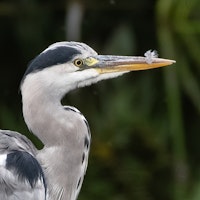
Grey Heron
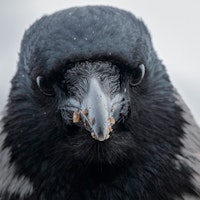
Hooded Crow
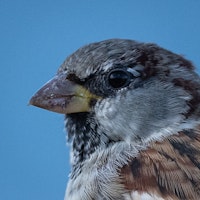
House Sparrow
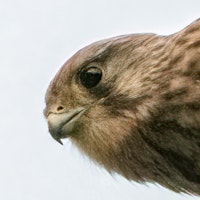
Kestrel
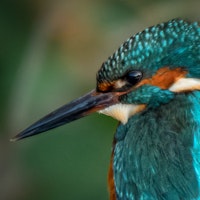
Kingfisher

Lapwing

Little Egret

Long Eared Owl

Long-tailed Tit

Mallard Duck

Merlin

Moorhen

Mute Swan

Oyster Catcher

Peregrine Falcon

Pied Wagtail

Pintail

Puffin

Red Kite

Redshank

Robin

Rook

Sanderling
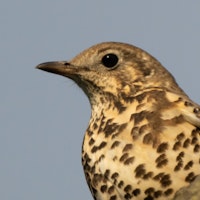
Song Thrush

Sparrowhawk

Starling

Stonechat

Swallow

Tree Creeper

Wren
More pages currently being produced...
Please connect to get updated when new pages are published












